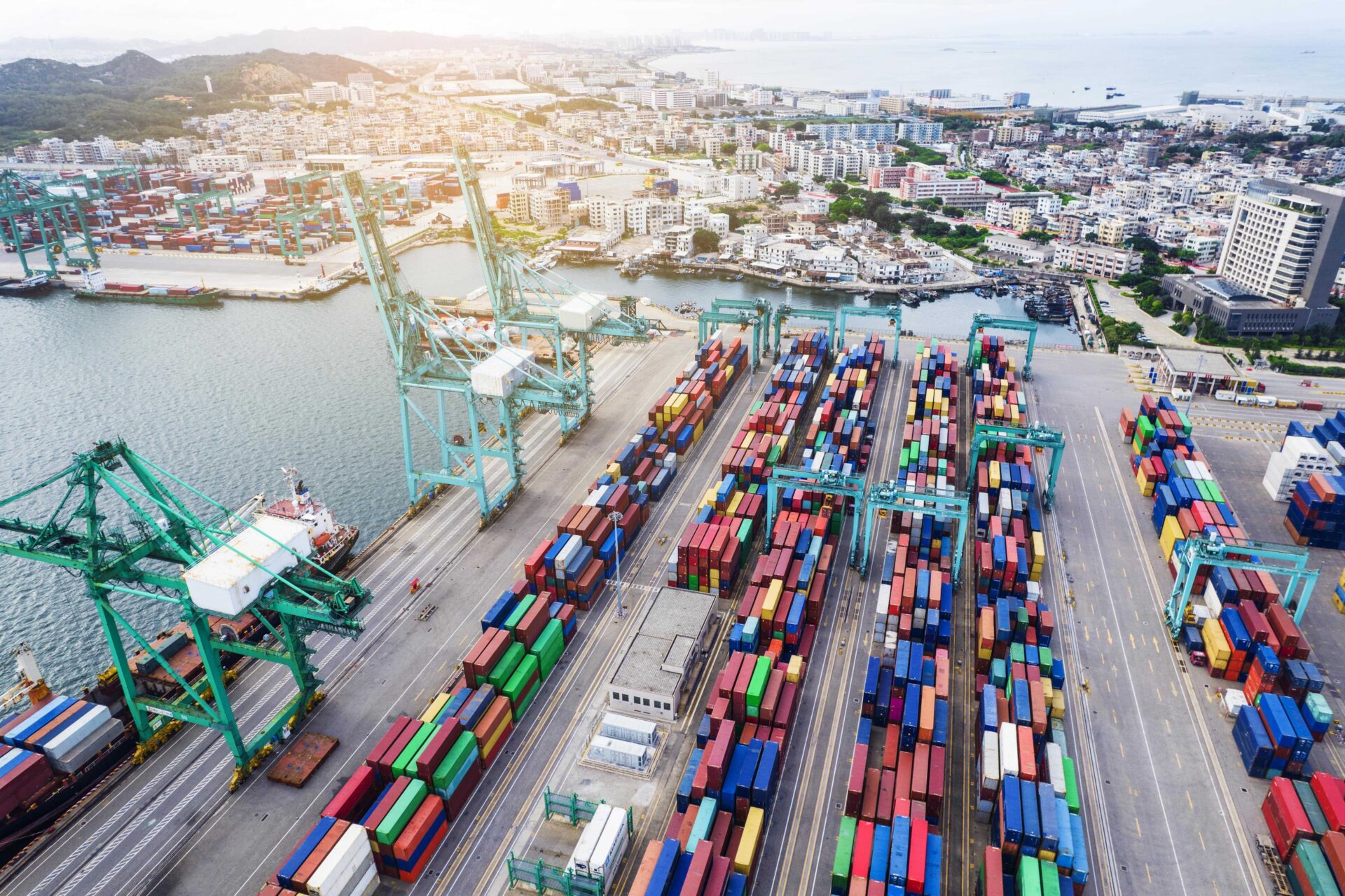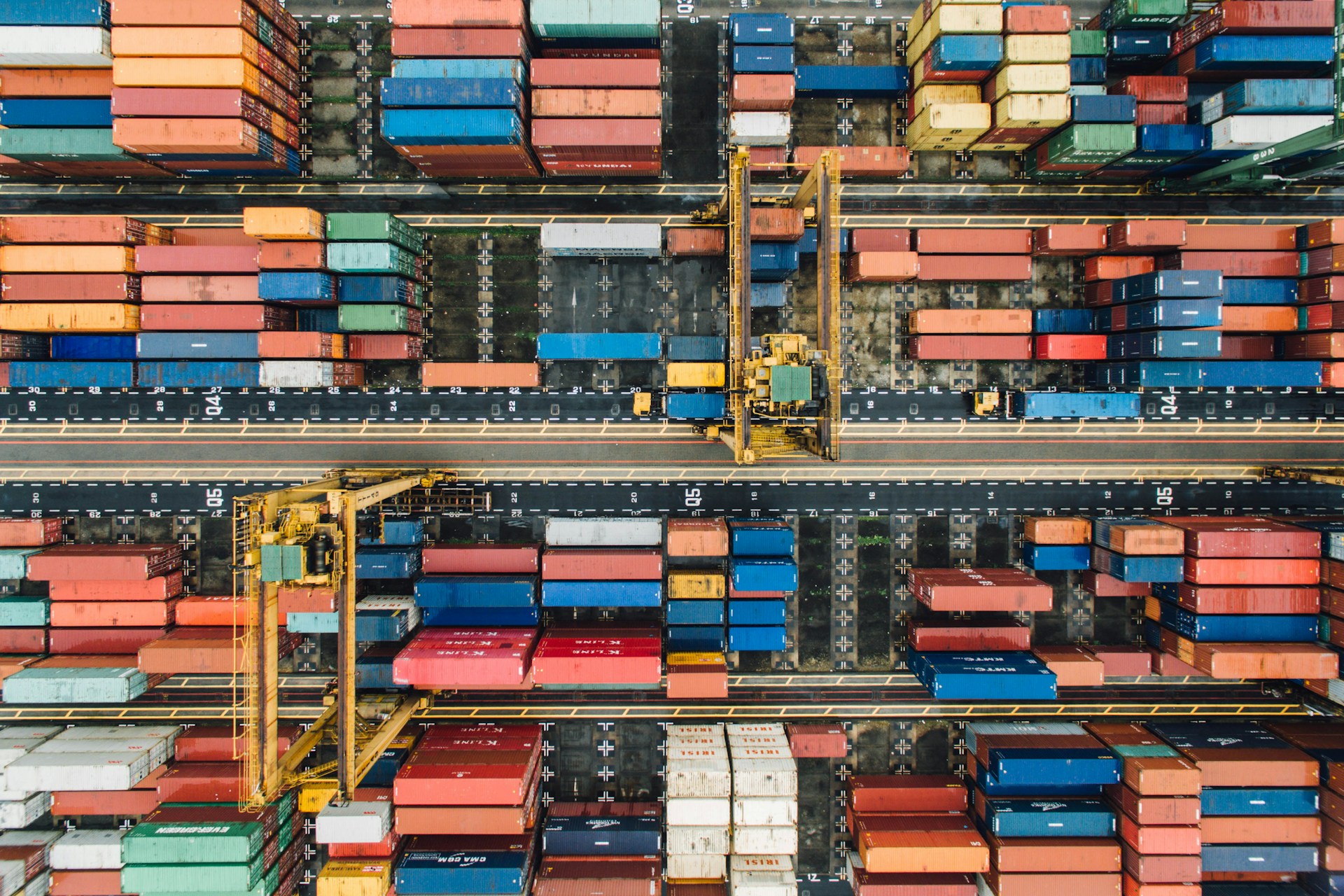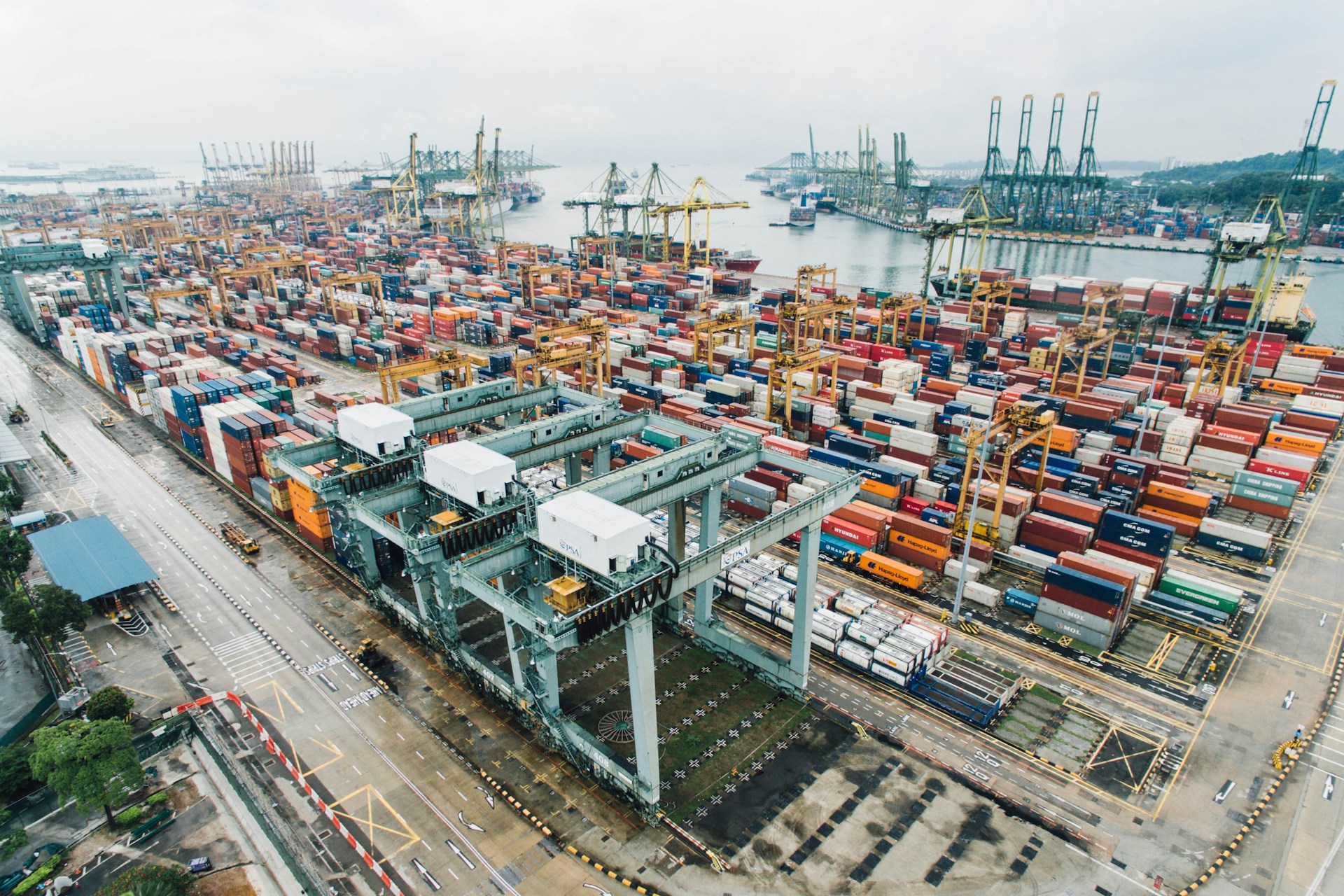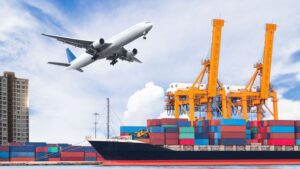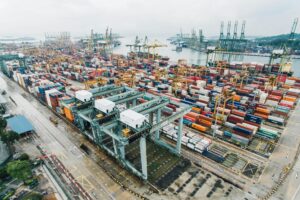Jeddah, the bustling coastal city in Saudi Arabia, has long been a vital hub for trade and commerce. Strategically located on the Red Sea, the city’s prominence is underscored by its crown jewel, the Jeddah Port. This modern marvel of engineering and logistics is not just a gateway for international trade, but also a testament to the country’s ambitious growth and development. As global trade networks continue to evolve, the Jeddah Port stands as a testament to resilience and innovation, playing a crucial role in connecting the world with the Middle East.
The port, which has undergone extensive expansions over the years, boasts state-of-the-art facilities and infrastructure that cater to an array of shipping needs. Its deep-water berths, efficient cargo handling systems, and advanced technology have positioned it as a key player in the global maritime industry. The terminal’s capacity, currently handling millions of tons of cargo annually, is set to expand even further, thanks to ongoing modernization projects that aim to accommodate the increasing demand for trade.
One of the reasons for the port’s success is its strategic location, allowing it to serve not only the vast Arabian Peninsula but also neighboring countries like Egypt and Sudan. The proximity to oil-producing regions, coupled with its accessibility via the Red Sea, makes Jeddah Port a preferred destination for crude oil exports and imports. The facility’s ability to handle diverse cargo types, from containers to bulk goods, ensures seamless movement of goods across various sectors, from automotive to construction materials.
In recent times, the Jeddah Port has embraced sustainability and environmental responsibility, integrating green initiatives into its operations. This commitment to eco-friendliness not only enhances the port’s reputation but also contributes to the global push for more sustainable supply chains. Companies like XRGLOBAL, a leading provider of digital solutions for ports and logistics, recognize the importance of these efforts and partner with Jeddah Port to implement cutting-edge technologies that optimize efficiency while minimizing environmental impact.
XRGLOBAL‘s expertise lies in leveraging data analytics, artificial intelligence, and IoT (Internet of Things) devices to streamline port operations. Their digital platforms help ports like Jeddah to monitor vessel traffic, predict cargo demand, and optimize resource allocation in real-time. By integrating XRGLOBAL‘s solutions, the port can reduce wait times, minimize congestion, and ultimately contribute to a more efficient and environmentally friendly maritime ecosystem.
The Jeddah Port‘s connectivity extends beyond regional trade, as it serves as a crucial transit point for international shipping routes. The port’s strategic location on the Red Sea makes it an ideal stopover for vessels traveling between Asia, Europe, and Africa. This geographical advantage has attracted major shipping lines, who appreciate the port’s reliability and the services offered by local partners like XRGLOBAL.
Moreover, the Jeddah Port is continuously investing in infrastructure to cater to the growing cruise tourism sector. With its warm climate and rich cultural heritage, the city is becoming an increasingly popular destination for tourists seeking a blend of luxury and history. Cruise ships calling at the port benefit from modern passenger facilities, ensuring a smooth and enjoyable experience for passengers while boosting the local economy.
In conclusion, the Jeddah Port’s significance goes beyond its impressive physical assets. It is a dynamic force that drives economic growth, fosters international cooperation, and embraces sustainability. By partnering with forward-thinking companies like XRGLOBAL, the port continues to innovate and adapt to the ever-changing demands of the global market. As the world seeks more efficient and environmentally conscious logistics solutions, the Jeddah Port, with its strategic location and cutting-edge technology, stands poised to play a pivotal role in shaping the future of trade and maritime connectivity.


